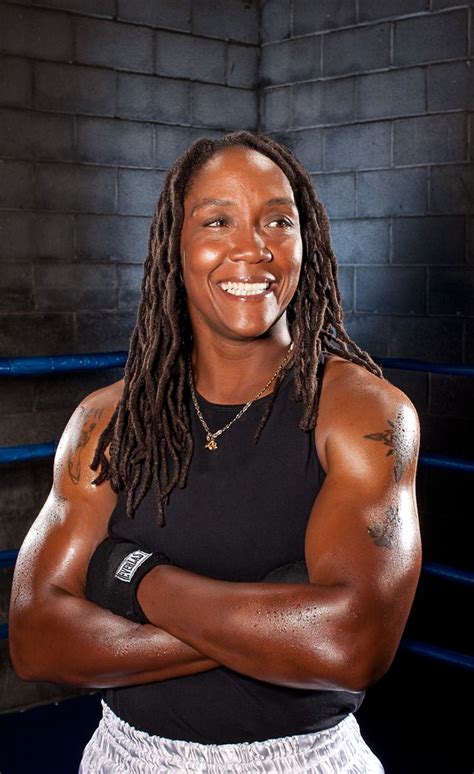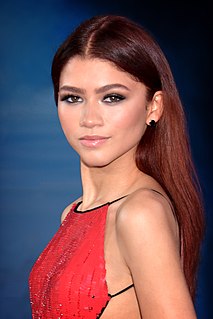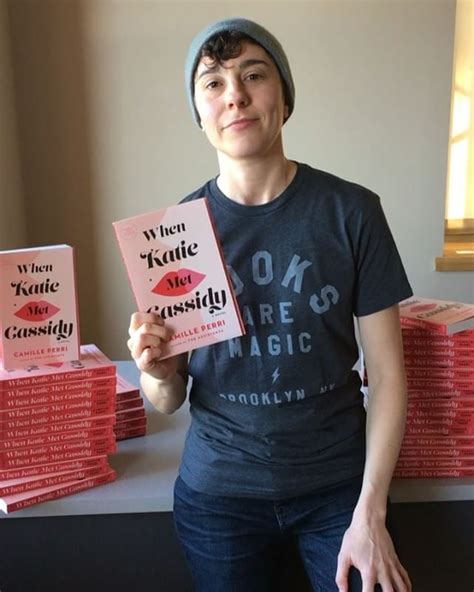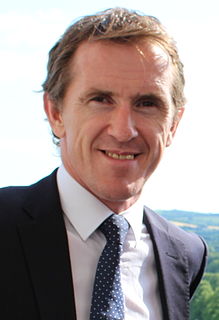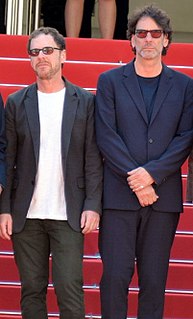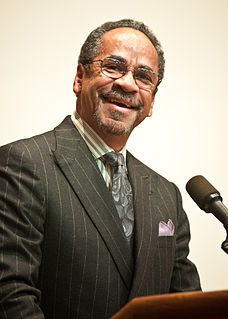A Quote by Jason Blum
Most of the most successful films Blumhouse has made have been rejected by everyone else. No one wanted to make 'Get Out.' Nobody. Nobody wanted to make 'The Purge.' I think it was floating around for three years before it came to us. Nobody wanted to make 'The Gift,' when it was a script called 'Weirdo.'
Related Quotes
I've been training fighters about 10 years. And I know I get the kids that nobody else is gonna want. I get kids who violated probation five, six, seven times. Their parents don't want 'em, the police don't want 'em - nobody wants 'em. And so I say, okay, I was like that. Nobody wanted me. Once I found out that a nobody could do what I did, I took a whole bunch of nobodies. When you take a nobody, they're open to anything, so that's what I started working with. I started working with the worst kids that nobody else wants to deal with.
Nobody could catch cold by the sea; nobody wanted appetite by the sea; nobody wanted spirits; nobody wanted strength. Sea air was healing, softening, relaxing - fortifying and bracing - seemingly just as was wanted - sometimes one, sometimes the other. If the sea breeze failed, the seabath was the certain corrective; and where bathing disagreed, the sea air alone was evidently designed by nature for the cure.
Sizing was also important to me; I wanted to make sure that nobody felt alienated or felt like they weren't thought about in the process of this brand. I wanted to make sure that everyone felt included, which brings us to the gender neutral pieces - the idea of wearing what you want and whatever makes you feel comfortable and confident. I think that's the overall feeling of the Daya collection.
For Twilight, I wasn't thinking it was going to be a crazy success, or anything. It had been rejected by all the major studios. Nobody wanted to make it and they didn't think it would make any money, but I read the book and I thought, "Wow, I want to capture that feeling of just being crazy in love. I wonder if I can do that in a film." That was my challenge.
It really has been a blessing because you can go and look at our other movies we've done in a studio system. We didn't get to make the movie that we wanted to make. We made the movie that someone else wanted us to make. That can be a little disheartening, a lot disheartening. While there have been struggles, it doesn't matter which table you're at because you're going to have obstacles, but I kind of like being able to make the movie that you want to make.
There are many stories of people didn't set out to make a film that became a classic - the whole process was a disaster, everybody hated each other, the movie itself was a disaster, everybody thought the movie and the script was going to be a piece of crap. Look at Alfred Hitchcock and Psycho. Nobody wanted to make Psycho; it was crap to them. The only person that wanted to make Psycho was Hitchcock. Now, it's considered a classic and a work of art.
I came first to America in 1977 at the invitation of a man who wanted to make my life story into a musical. But my agent said it was not to be and it was never done. So I went back, but I'd seen New York, and I wanted to live there. Because everybody talks to you in the street. See, nobody talks to you in England.
I went to New York. I had a dream. I wanted to be a big star, I didn’t know anybody, I wanted to dance, I wanted to sing, I wanted to do all those things, I wanted to make people happy, I wanted to be famous, I wanted everybody to love me. I wanted to be a star. I worked really hard, and my dream came true.


